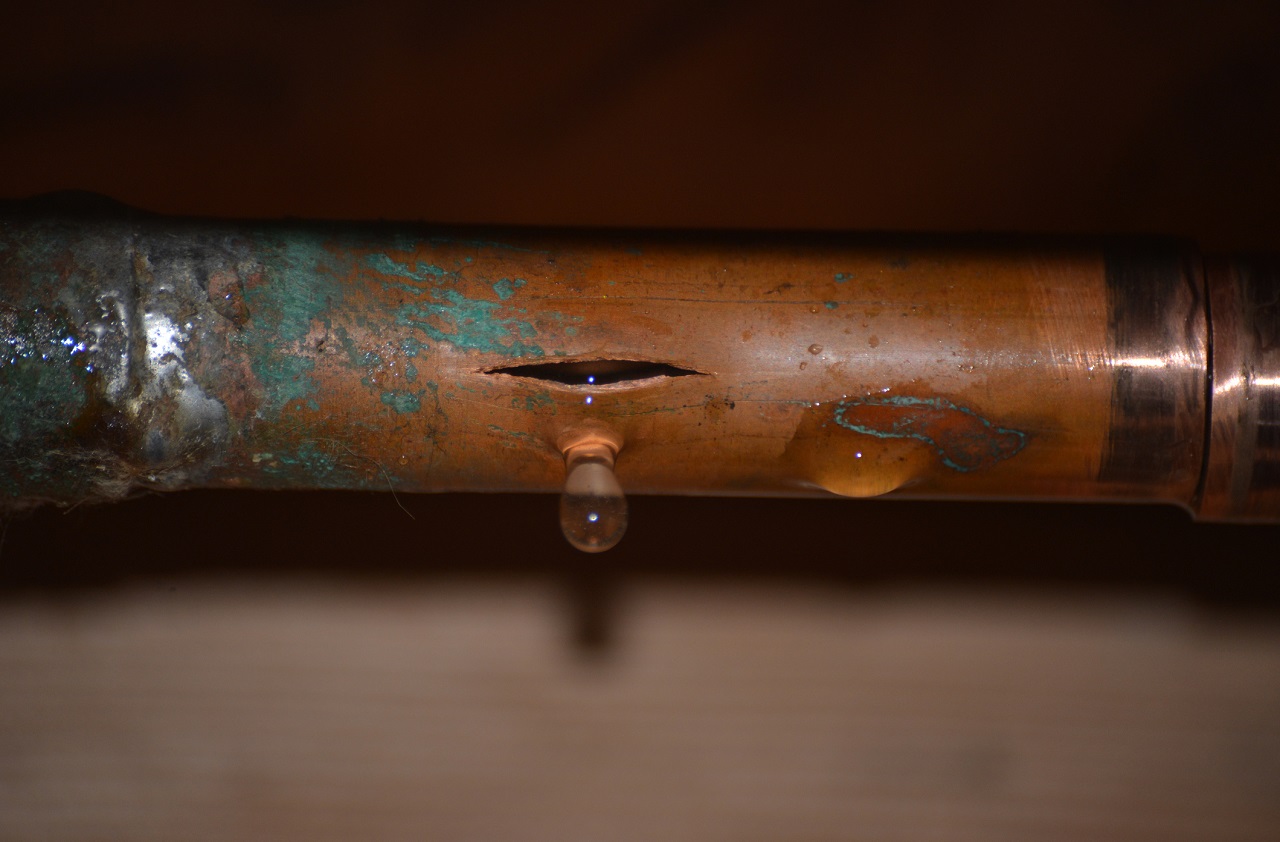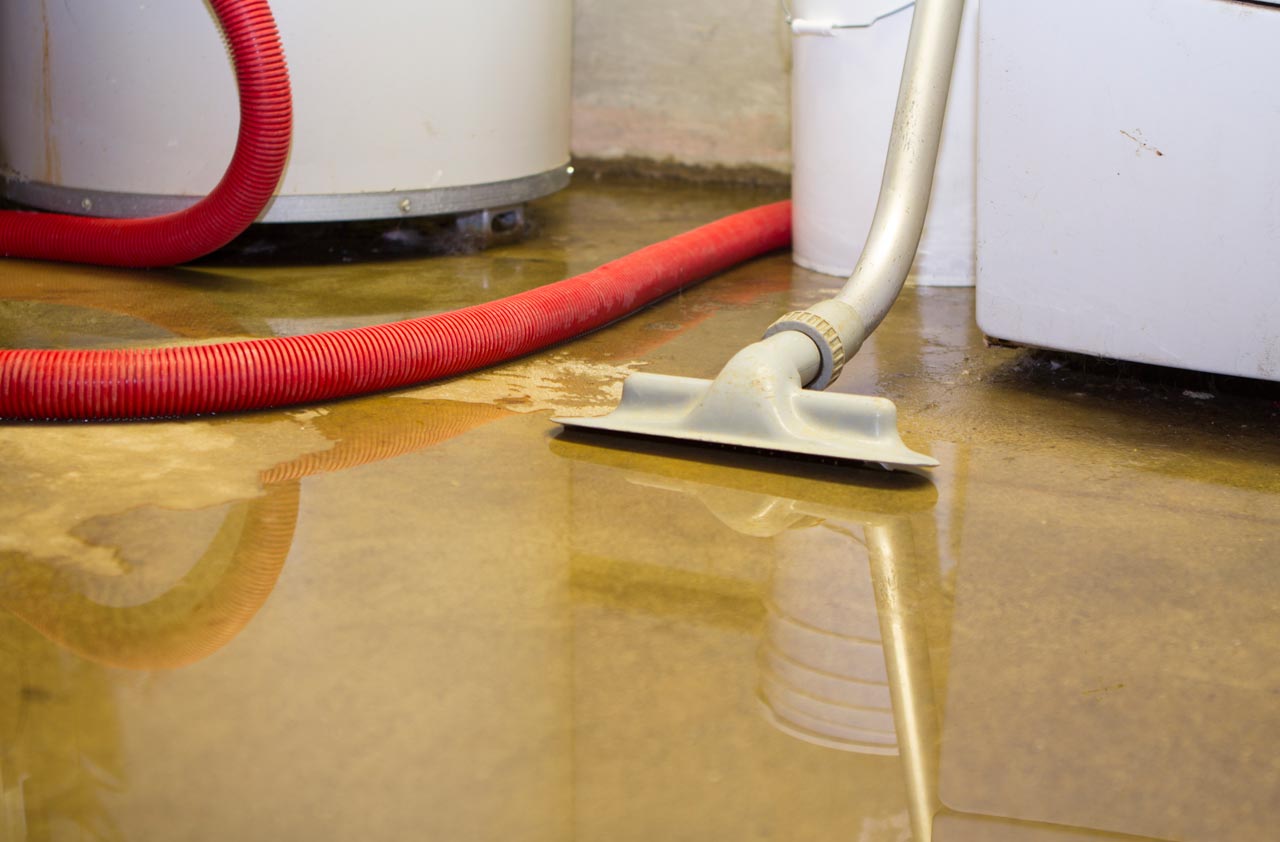Why You Need a Down Payment
My wife and I just got married and we'd like to buy a house soon. We've been setting aside money for the down payment but we have quite a way to go. Should we go ahead and buy a house now with no money down or wait until we've saved the 20%?

Profit and prosper with the best of Kiplinger's advice on investing, taxes, retirement, personal finance and much more. Delivered daily. Enter your email in the box and click Sign Me Up.
You are now subscribed
Your newsletter sign-up was successful
Want to add more newsletters?

Delivered daily
Kiplinger Today
Profit and prosper with the best of Kiplinger's advice on investing, taxes, retirement, personal finance and much more delivered daily. Smart money moves start here.

Sent five days a week
Kiplinger A Step Ahead
Get practical help to make better financial decisions in your everyday life, from spending to savings on top deals.

Delivered daily
Kiplinger Closing Bell
Get today's biggest financial and investing headlines delivered to your inbox every day the U.S. stock market is open.

Sent twice a week
Kiplinger Adviser Intel
Financial pros across the country share best practices and fresh tactics to preserve and grow your wealth.

Delivered weekly
Kiplinger Tax Tips
Trim your federal and state tax bills with practical tax-planning and tax-cutting strategies.

Sent twice a week
Kiplinger Retirement Tips
Your twice-a-week guide to planning and enjoying a financially secure and richly rewarding retirement

Sent bimonthly.
Kiplinger Adviser Angle
Insights for advisers, wealth managers and other financial professionals.

Sent twice a week
Kiplinger Investing Weekly
Your twice-a-week roundup of promising stocks, funds, companies and industries you should consider, ones you should avoid, and why.

Sent weekly for six weeks
Kiplinger Invest for Retirement
Your step-by-step six-part series on how to invest for retirement, from devising a successful strategy to exactly which investments to choose.
My wife and I just got married and we'd like to buy a house soon. We've been setting aside money for the down payment but we have quite a way to go -- we'd need about $70,000 to make a 20% down payment in our area. We're wondering whether we should just go ahead and buy a house now with no money down or wait until we've saved the 20%?
Lenders are making it a lot easier to buy a house without the traditional 20% down payment. But you're going to pay a lot for that option. If you borrow more than 80% of the home's value, you'll usually have to pay private mortgage insurance, which protects the lender if you default on your loan. That tends to cost 0.5% to 1% of the loan value -- which could top $3,500 per year on a $350,000 home, or $5,000 on a $500,000 home. It's money that doesn't go toward your principal or interest and isn't tax-deductible.
Another option is to piggyback two loans. If you take out one loan for 80% of the cost and another for 20% (or for 15% and pay 5% in a down payment), you can avoid PMI and the interest on both loans is generally tax-deductible, but the rates on that second loan are quite high -- now running in the low- to mid-9% range.
From just $107.88 $24.99 for Kiplinger Personal Finance
Become a smarter, better informed investor. Subscribe from just $107.88 $24.99, plus get up to 4 Special Issues

Sign up for Kiplinger’s Free Newsletters
Profit and prosper with the best of expert advice on investing, taxes, retirement, personal finance and more - straight to your e-mail.
Profit and prosper with the best of expert advice - straight to your e-mail.
If you wait to amass the 20% down payment, you can avoid these extra costs, qualify for a lower-rate loan, and you'll keep your mortgage payments much lower -- which gives you a lot more flexibility in the future. "Some couples can afford the house when they're both working, but if a kid comes along and one wants to stop working, then they have a problem," says Michael Eisenberg, a CPA and personal financial specialist in West Los Angeles, Calif. Even in his area, where starter homes cost a lot more than $350,000, he recommends that young couples "sit back, stay renting, and save your money for your down payment." If your rent is reasonable and the housing market in your area has slowed, there's even less reason to rush into buying.
And in a slow housing market, it's particularly important to put down 20%, so you have some equity in case you do have to move earlier than expected. "In the early years, you aren't building any equity with the mortgage payment," says Eisenberg. "If the market changes or your personal circumstances change and you're forced to sell, you could lose money" if you made little or no down payment. The equity in your home can also give you an extra source of cash in an emergency.
And while you're saving, also work on improving your credit score, which can lower your interest rate. See Demystifying Your Credit Score for more information on improving your score.
For home-buying advice, see Tips for Buyers and Sellers and Home Buying Made Easy. And see our Real Estate Market Special Report for more information about the current state of the home-buying market
Profit and prosper with the best of Kiplinger's advice on investing, taxes, retirement, personal finance and much more. Delivered daily. Enter your email in the box and click Sign Me Up.

As the "Ask Kim" columnist for Kiplinger's Personal Finance, Lankford receives hundreds of personal finance questions from readers every month. She is the author of Rescue Your Financial Life (McGraw-Hill, 2003), The Insurance Maze: How You Can Save Money on Insurance -- and Still Get the Coverage You Need (Kaplan, 2006), Kiplinger's Ask Kim for Money Smart Solutions (Kaplan, 2007) and The Kiplinger/BBB Personal Finance Guide for Military Families. She is frequently featured as a financial expert on television and radio, including NBC's Today Show, CNN, CNBC and National Public Radio.
-
 5 Vince Lombardi Quotes Retirees Should Live By
5 Vince Lombardi Quotes Retirees Should Live ByThe iconic football coach's philosophy can help retirees win at the game of life.
-
 The $200,000 Olympic 'Pension' is a Retirement Game-Changer for Team USA
The $200,000 Olympic 'Pension' is a Retirement Game-Changer for Team USAThe donation by financier Ross Stevens is meant to be a "retirement program" for Team USA Olympic and Paralympic athletes.
-
 10 Cheapest Places to Live in Colorado
10 Cheapest Places to Live in ColoradoProperty Tax Looking for a cozy cabin near the slopes? These Colorado counties combine reasonable house prices with the state's lowest property tax bills.
-
 Key Documents You Need to Take With You in an Emergency
Key Documents You Need to Take With You in an Emergencyreal estate As you prepare for Florence or the next big hurricane, make sure you gather financial documents that you'll need if you must evacuate or your home is damaged.
-
 How to Prepare for Hurricane Florence
How to Prepare for Hurricane Florenceinsurance As the Carolinas and Mid-Atlantic states brace for a severe hurricane, residents in its path still have time to protect their homes and finances.
-
 Tapping a Roth IRA for a House
Tapping a Roth IRA for a Housereal estate You can withdraw contributions from a Roth IRA to help purchase your first home.
-
 Raising Cash to Make Hurricane Damage Repairs
Raising Cash to Make Hurricane Damage Repairsreal estate Many hurricane victims are still waiting for payments from insurers or disaster assistance from FEMA to make home repairs. In the meantime, here are ways to raise money to get fixes under way.
-
 6 Ways to Prevent Water Damage This Winter
6 Ways to Prevent Water Damage This Winterreal estate If the worst happens, your homeowners insurance will cover leaks and burst pipes, or water that comes into your home through your roof and windows. But it doesn't cover flooding.
-
 How to Find a Home's Claims History
How to Find a Home's Claims Historyinsurance Ask for the seller’s disclosure report to uncover problems that could affect your homeowners premiums.
-
 What You Need to Know About Homeowners Insurance in Hurricane-Prone States
What You Need to Know About Homeowners Insurance in Hurricane-Prone Statesreal estate Policies can be prohibitively expensive in areas susceptible to hurricanes, but home buyers can take steps to make sure they’re not overwhelmed by the premiums.
-
 Deducting Mortgage Interest on a Vacation Home
Deducting Mortgage Interest on a Vacation Homehome You may be able to write off all mortgage interest on a second home if you’re not renting it out for extended periods.